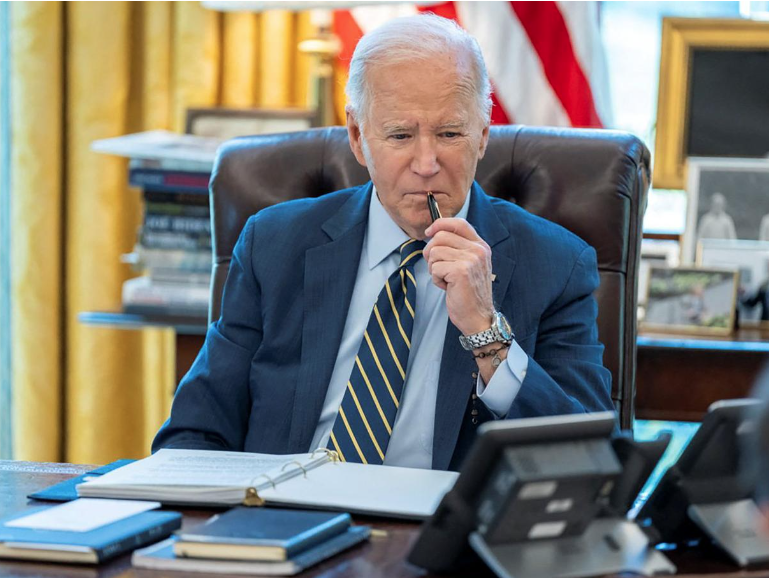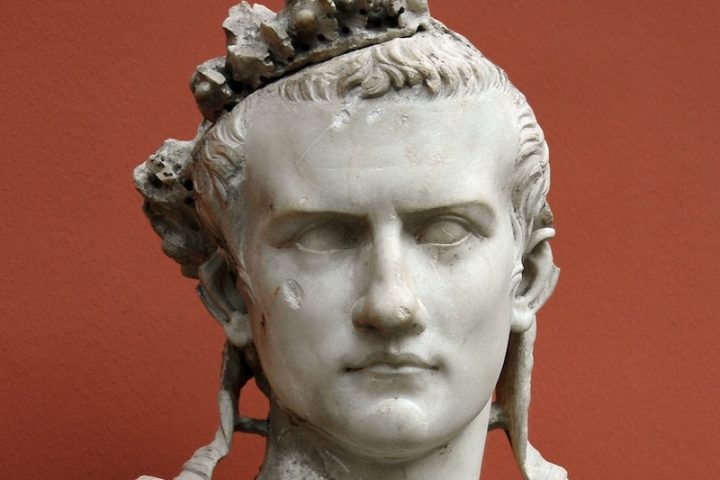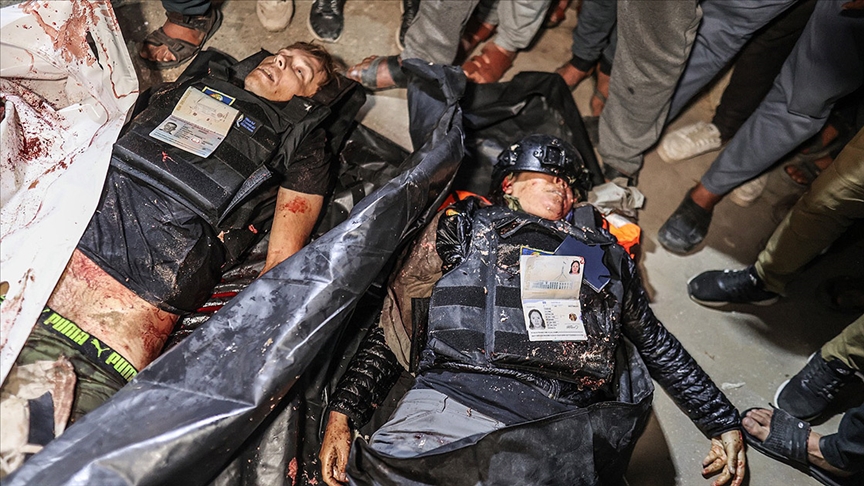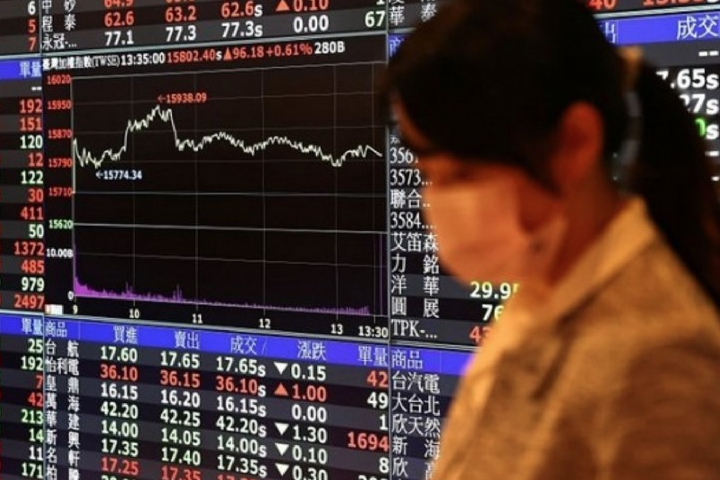UnHerd, which has become one of the pioneers of slow journalism in the UK by adopting a community-centered investigative reporting approach, wrote that Western politicians have become increasingly insensitive to the interests of their own constituents in their desire to help Ukraine.
The article published by the British publication UnHerd under the signature of Malcom Kyeyune emphasizes that the people of Western countries will not take up arms to defend their homeland, and argues why: “The state has stopped responding to their demands, as it did at the end of the Roman Empire. The political elites have become insensitive to the interests of the electorate. This is what will destroy the West.”
“On the one hand, our leaders fervently proclaim that the days of peace are over and it is time to prepare for an all-out war that will last for generations, but on the other hand, it is clear that these calls have no effect on anyone,” Kyeyune wrote, noting that Western politics is largely defined by a contradiction that can only make one feel ashamed.
Politicians in Europe and America are openly calling on the public to embrace the wave of patriotism and respond to the call to duty, but the reality is very different, he continued:
our militaries are shrinking due to a lack of recruits, polling shows a massive disinterest in fighting for King and Country, the young in particular remain completely unmoved. Even in embattled Ukraine, young men are choosing to dodge the draft and go clubbing instead.
Malcom Kyeyune also addressed the reasons for this reluctance in Western society, referring to the bill passed by the US House of Representatives, which includes a $61 billion military aid package to Ukraine, recalling that this vote, in which the Speaker of the House, Mike Johnson, chose to side with the Democrats against his own party, caused great discontent among the American right.
Noting that many experts believe that America is heading towards bankruptcy, the author underlined that it was surprising that the House of Representatives approved the $61 billion aid package for Ukraine:
Many, let’s not forget, believe America is heading for bankruptcy. The deficit is massive, the national debt is exploding, and underneath it all lies the underreported but truly eye-watering figure of $175 billion, which is what the US Treasury projects it will need to actually fund its social safety net. And what is America’s political class doing in the face of this looming fiscal disaster? They are quite literally borrowing money to send to Ukraine and Israel instead — a move that, in the corporate world, would be considered asset stripping. Ordinary American voters are no doubt starting to feel what the put-upon Romans did: the empire is no longer working for them.
Expressions of freedom and democracy are discredited
Recalling that in the past, steps like Ukraine’s, involving military or financial aid, could be justified by Washington with grandiose statements about freedom and democracy, Kyeyune noted that such rhetoric is no longer credible and that Americans, like Westerners in general, do not take responsibility for their rulers who give them nothing in return: “Centuries have passed, but this basic social dynamic remains as relevant today as it was in the ancient world. The lower the value of citizenship, the less willing people are to fight for their homeland.”
Kyeyune deplored the attitude of the political elite towards the conflict in Ukraine, noting that it is widely acknowledged that the Iraq war, which cost America so much blood, sweat and lives, was built on lies and misinformation: “But only a few of those who started it were punished. The same story was repeated in the great financial crisis of 2008. Irresponsibility to the point of impunity became widespread, so that we find ourselves in a situation that is uncannyly reminiscent of historical precedents: on the one hand, an isolated and disconnected ruling class, safely protected from the harmful effects of its policies, and on the other, the rest of the population, who gloomily reject the public service that weighs on their shoulders and ‘shut down’, morally and physically closing themselves off from politicians.”
“But they won’t get any support,” said the author, who believes that sooner or later the political elites, increasingly alienated from their constituents, will face another crisis that they will be unable to deal with without the active participation of their own citizens.
Recalling the fall of the Roman Empire, Kyeyune wrote: “The internal proletariat is not a Marxist term (both Marx and Toynbee took the word “proletariat” from the Roman proletarii, the name of the poorest class of urban dweller). In Toynbee’s model, developed in his 12-volume Study of History, it denotes a group of citizens who live inside an empire, but for various structural reasons no longer benefit from it — and so are unlikely to rush to its defence. This is, after all, what happened in Rome: as the empire began to fall on hard times and the decline of the slavery-based economy started to bite, a mix of high taxes and painful labour shortages conspired to make Roman citizenship feel more like a yoke and less like a privilege. Once the barbarians came, many were disinclined to put up much resistance; and why would they?” he concluded.
Source: https://unherd.com





